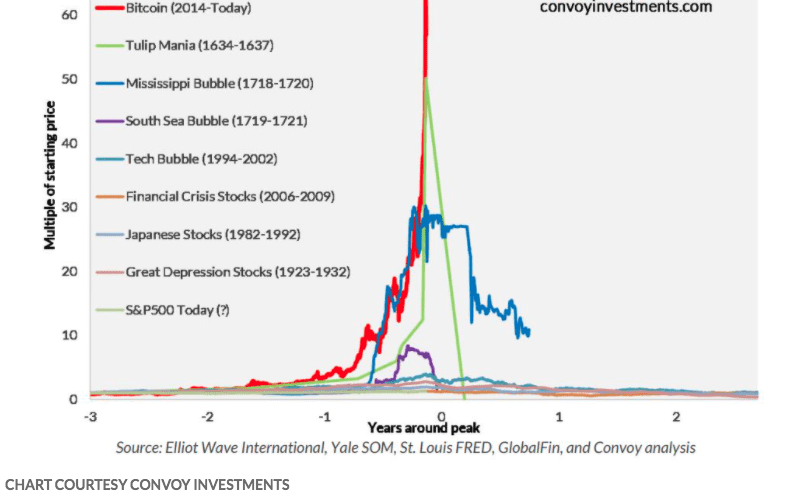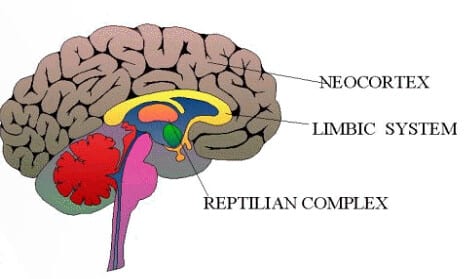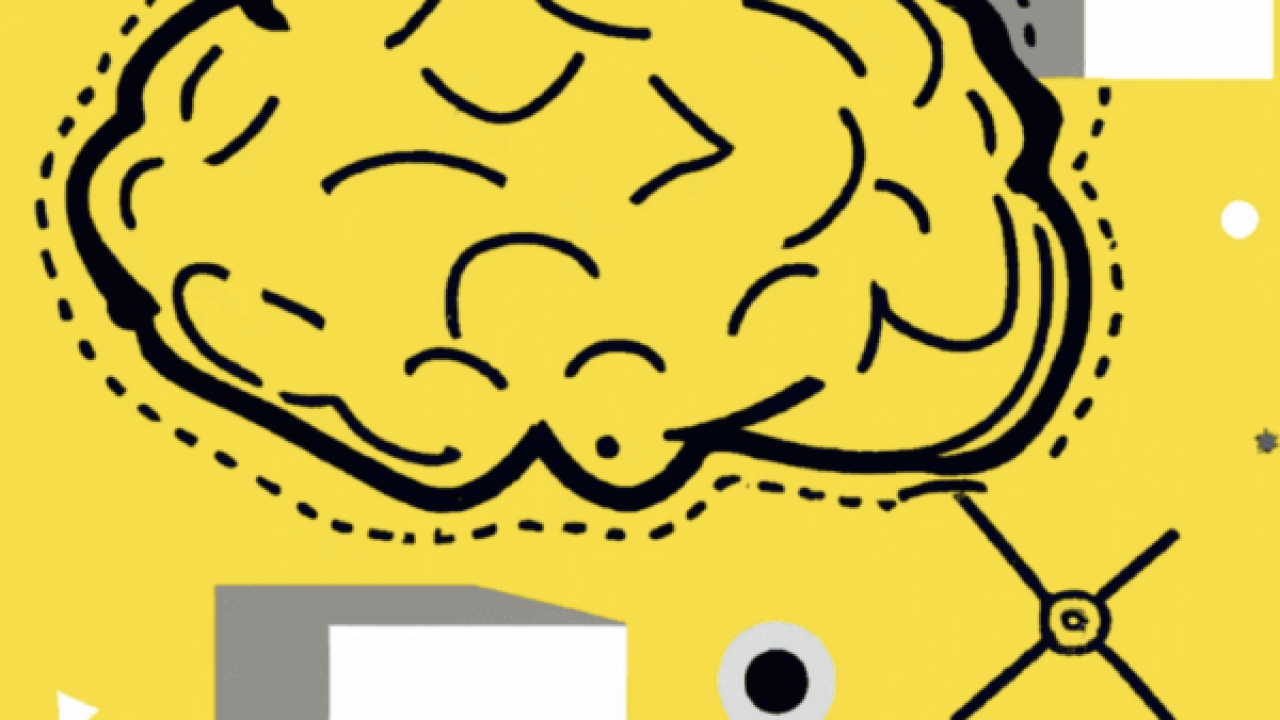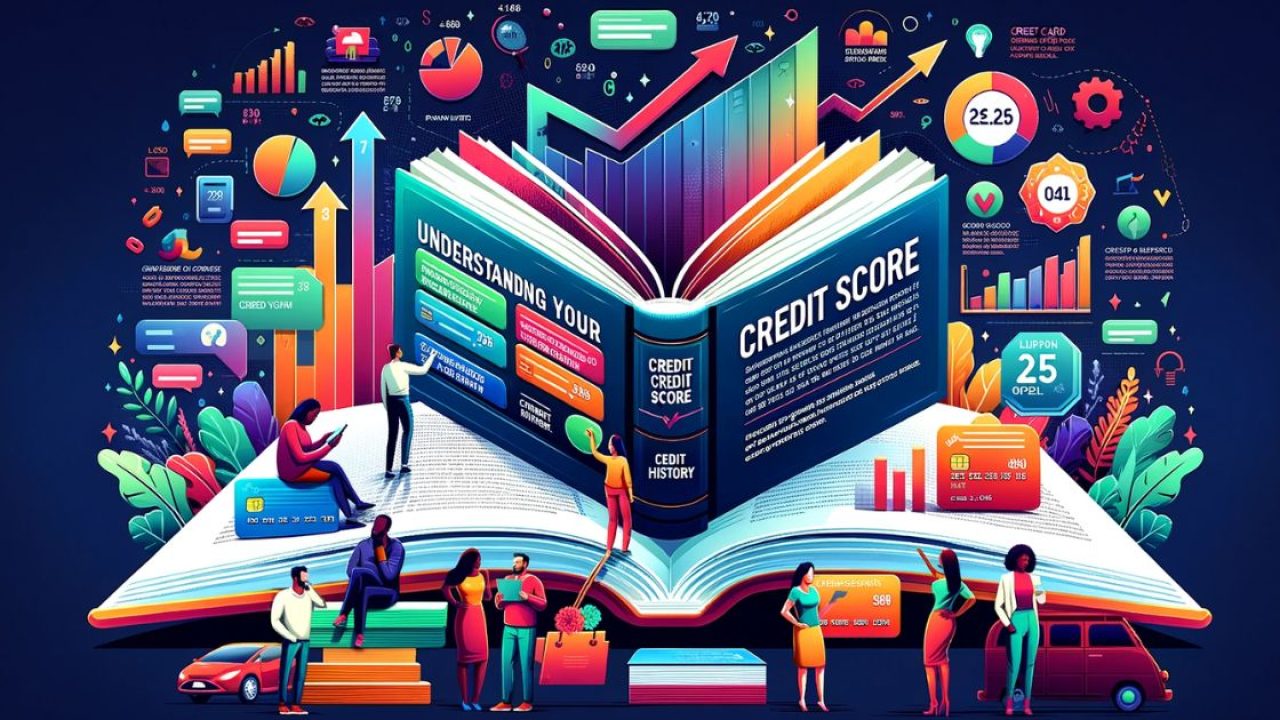Whenever we fail to decode some reason why our plans go wrong, or when suddenly we meet resistance, this makes our pain from it all grow. Our minds are often circling around the idea that someone, or some group, did something to sabotage us. “I was given bad advice”, or “I was not given accurate information”, or simply bad luck due to antagonistic forces, such as the government, and society at large.
In such assumptions, theories, and ideas, we are typically placed in a position of helplessness. Most of the time we cannot pinpoint the specific cruelty or insidiousness of others. We can only imagine their motives or speculate about them, leaving us with our own emotions, anger, frustration, and depression, which can lead to our own self-pity as well. When something goes wrong, our first reaction is to search for an external cause. Our ancestors may have credited their misfortune to the gods, evil spirits, or whatever entities were responsible. Nowadays, we refer to them differently.
We should acknowledge that in the world, there are individuals and forces that continually affect our lives, and we have little control over that. However, often we are governed by our deep-rooted irrationality which is driven by emotion which can be a major contributor to bad decisions and bad judgments. For instance, financial bubbles arise as a result of a intentional pull and appeal that overwhelm rational thinking. Bubbles and crashes will continue so long as history is ignored or we don’t confront the root cause of the problem!
Recurrences of such behavior mirror our own recurring issues within ourselves forming negative patterns to be hard to learn from experience, not looking at the true causes of our problems.
Emotions have an irresistible influence on even the wisest of us. Research has shown that higher mammalian brains evolved from three parts: the reptilian part, which governs all automatic responses to protect the body, the limbic part, which governs emotions, and the neocortex, which controls cognition and language
Initially, emotions are physical arousal designed to attract attention and bring awareness to us. However, because they are using different brain areas from language and thinking, this translation may often be inaccurate. We do not visibly see the origins of our emotions or the mood they evoke. The only thing we can do after experiencing these emotions is attempt to translate them into language. But we often do this incorrectly. In interpreting these feelings, either we latch onto those interpretations that seem simple, and suits us, or we remain puzzled.
We may communicate anger while feeling something else or about someone else, but the other person cannot see this, and they respond as if personally attacked, which can lead to things spiraling out of control. Emotions occur for different reasons than cognition. Animals feel fear for a moment and then it is gone. On the other hand, we dwell on our fears and make them continue to persist even after the danger has passed. While technology has not rewired us, it has changed our emotional behavior, and consequently our rational thinking. Subliminal messages are constantly being delivered by advertisers , and our constant connection to social media makes us prone to viral emotional effects. Our lives are flooded with unnecessary emotions and unnecessary drama
“You know the sad thing is, most people are subliminally coerced into being so many things other than themselves.”
― Scarlet Jei Saoirse
Our emotions constantly influence our thinking, causing us to pursue ideas that are pleasing to our egos. What we think is always influenced by our inclinations and feelings. A rational person is aware of this and counteracts these effects with reflection and purposeful effort. People who are irrational will not consider the consequences of their actions until they are actually in action.
- Interviewing or hiring an assistant or partner, rational people will examine the candidate’s skills to determine if they are qualified.
- The irrational will easily fall prey to those who know how to make them feel secure, or who pose no risk or challenge, and hire them without understanding why.
- Rational people will choose career paths that provide opportunities for long-term success.
- A person with an irrational mindset will make decisions based on how much money they can immediately make, what they believe they deserve in life, how much they can slack off on the job, or how much attention the position might bring.
Thinking rationally allows you to readily admit your own irrational nature and the need for vigilant awareness. Individuals who are known to be irrational tend to become more sensitive when asked about the emotional roots of their decisions. When they make mistakes, they become defensive. The ideal situation for self-growth is to find balance, to gain insight into why we feel how we do. We want to be aware of our impulses so that we can think and make decisions without secretly being ruled by emotions.
In general, acquiring rationality is easy; you just need to know and work through a few steps.
Firstly, we must understand that irrationality is a function of continuous moods and feelings below the level of conscious awareness. While often times we don’t realize how deeply moods and feelings can affect the way we make decisions. Our biases distort the truth, resulting in ineffective decisions and mistakes in our lives; knowing them helps us begin to counterbalance their effects.
Secondly, it is imperative that we understand how our emotions generally become inflamed by certain pressures. As we think about our angry feelings, excitement, resentments, or fear, we become more reactive. Our perception of everything is colored by this emotion, and we become more sensitive to other emotions. By knowing how this form of irrationality operates, we can take steps back before we make a mistake we will regret
Third, we should practice regular exercises and strategies to increase our ability to think rationally, to become more powerful in the ongoing battle against emotions.









